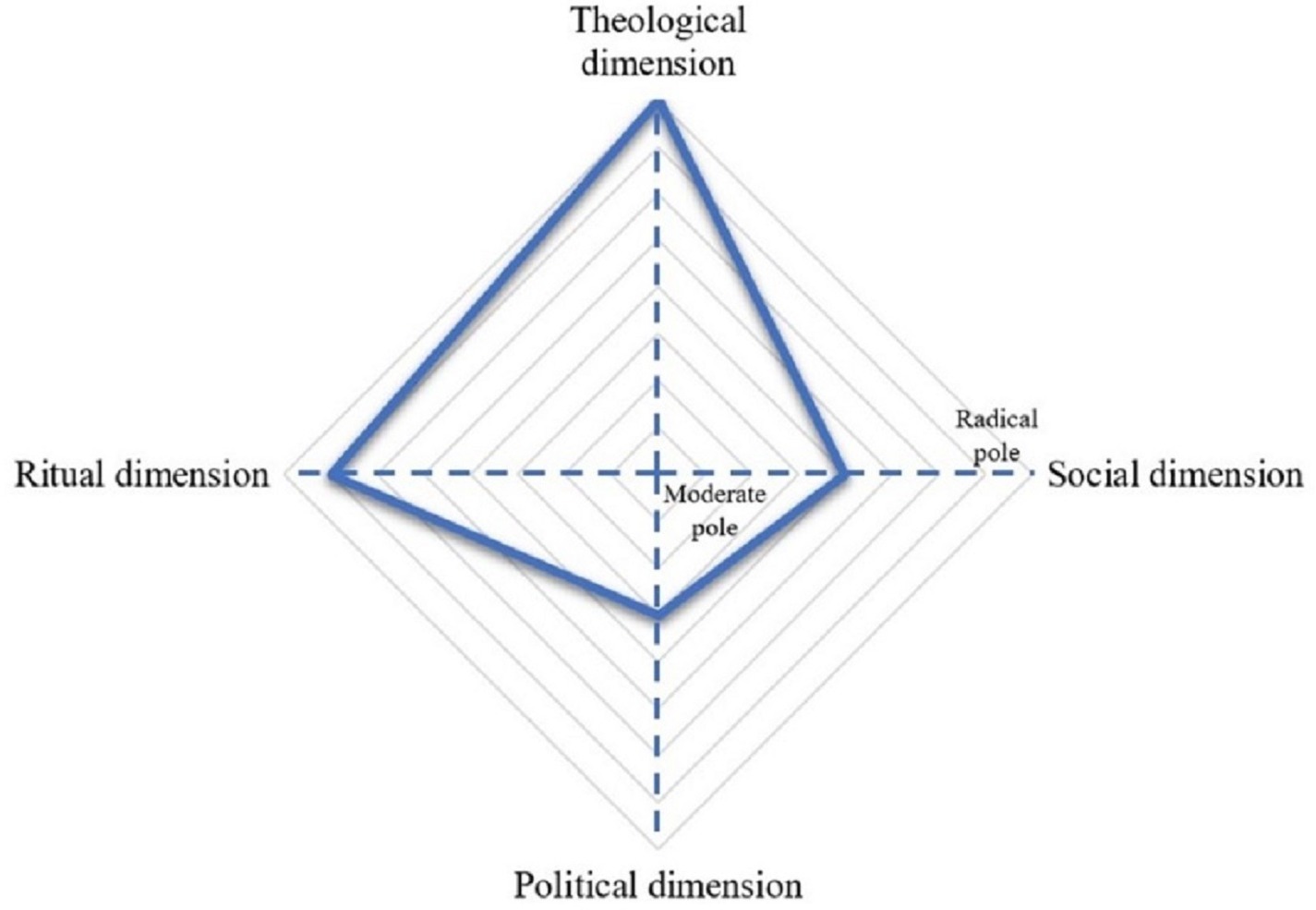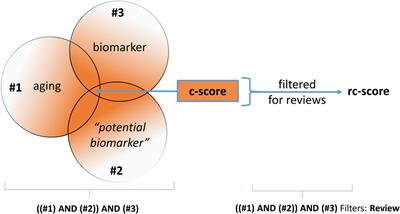Pole emotion suisse anti aging

DreiszigerThomas R. IV, No. Halasz de Beky University ofTorontoRev. Charles H. Uren Carleton UniversityFerenc A. Vali University ofMassachusettsS.

Since its launchingin pole emotion suisse anti aging, the Pole emotion suisse anti aging has been committed to the policy ofproviding a non-partizan forum forthescholarly discussionand analysis of issues in Hungarian history, politics andcultural affairs.
The Review is published by the Hungarian Readers'Service, a non-profit organization incorporated by federalstatute in Canada. Please direct inquiries to Dr. Harcsar for address seebelow. Sustaining memberships in the Hungarian Readers'ServiceInc. Donations in support of the HRS areincome tax deductible in Canada. Statements or opinions expressed in the Review arethose of the individual authors and do not necessarilyreflect the views of the HRS Inc.
Ferenc HarcsarExecutive ManagerP. All rights reserved. BaloghYaleUniversityLouis A. His articles on Canadian and Hungariantopics have appeared in three collections of papers and nine scholarlyperiodicals including the Journal of Modern History and the CanadianHistorical Association's Historical Papers. During the past few yearsDr. We could have planned the publishing of a book ofessays, a kind of belated Festschrift, as an expression of our lastrespects and sorrow.
Tűzpróba PDF - rigasede21
But such an ambitious undertaking wouldhave involved years of preparations and could have strained ourmeagre financial resources. As an alternative we chose to dedicateone of the Review's issues to Watson Kirkconnell's memory,and fill it mainly with essays and reviews fitting for the occasion. Accordingly, in the first part of this issue we feature studies onsubjects that had been dear to Kirkconnell in his lifetime: Hungarianpoetry and verse translation.
The exception is the firstarticle which examines the historical significance of Kirkconnell'sliterary and other-than-literary activities as far as Canadians ofHungarian background are concerned. In Part II of this issue we are proud to offer a taste ofKirkconnell's verse translation from Hungarian.
Our sample istaken from his rendering of Janos Arany's epic poem, Toldi, intoEnglish. The poem celebrates the exploits of Miklos [Nicholas]Toldi, a Hungarian lad of legendary strength, during the middleages.
A complete version of Kirkconnell's translation of Toldiwill be published separately by the Hungarian Readers' Serviceas soon as circumstances permit.

The third part of this special issue contains book reviews in thevarious fields of Hungarian studies. Although most of them donot relate to the realm of poetry or literature, it was thought bestto print them in this volume rather than in the spring issue of Many people have worked hard to make the appearance of thisspecial issue possible.
Introduction
Basa, Joseph St. Clair andStephen Scheer, as well as Mr. Maxim Tabory have each helpedwith the adjudication of one or two of the manuscripts.
ProfessorThomas Spira spared much of his valuable time to do most of thecopy editing. Hope Kirkconnell has sent us pictures of herlate husband. Janet Kirkconnell supplied us with the manuscriptof her late father's rendition ofToldi. Harcsar has performedmany of the innumerable chores involved in getting thisvolume on our subscribers' desks.
Those whom the hurricane had just thrown on this coast were neither aeronauts by profession nor amateurs. Cinco prisioneros en busca de libertad Akiket az orkán erre a partra vetett, azok bizony nem voltak sem hivatásos léghajósok, sem a légivállalkozások megszállottjai. C'étaient des prisonniers de guerre, que leur audace avait poussés à s'enfuir dans des circonstances extraordinaires. They were prisoners of war whose boldness had induced them to escape in this extraordinary manner. No eran ni aeronautas de profesión ni amantes de expediciones aéreas los que el huracán acababa de arrojar en aquella costa: eran prisioneros de guerra, a los que su audacia había impulsado a fugarse en circunstancias extraordinarias.
To each of them we extend ourthanks. We also wish to acknowledge the offer of financial supportwhich has been received from the Hungarian Helicon Society ofToronto, and the "matching grant" which has been provided byOntario's Department of Culture and Recreation.
DreiszigerFriends of SmallNationsOne of history's lessons is that, without outside help, small nationsand weak minorities often become the victims of international ornational political conflicts as the Second World War amply illustrates. Contrary to common belief, the victimization of defenceless groups hasnot been confined to totalitarian states; often democratic societies arealso guilty.
Even the history of Canada, one of the world's most peacefulcountries, contains examples of unprovoked acts against minorities. Pole emotion suisse anti aging the history of mankind the sufferings of small nations and minoritygroups have been prevented or diminished through help coming fromone or more of the great powers.
At other times, influential individualshave come to their aid. True, most of the time help was contingent oneconomic or pole emotion suisse anti aging concessions. Occasionally, however, aid had nostrings attached. That influential statesmen, publicists and academicshave been able to do a great deal for small nations and minorities, hasbeen demonstrated many times in history. Two British publicists, R. Seton-Watson and H. Steed, for example, effectively promoted thecause of Czech independence during the closing years of the First WorldWar.
Hungary too, has had such influential sympathizers abroad. Oneof these was the English newspaper magnate, Lord Rothermere. Anotherwas Professor C. Macartney, the Oxford historian and theauthor of several books on Hungarian history. It is less commonlyknown in the world, and not even in Canada, that Hungarians, especiallyHungarian-Canadians, also had a Canadian friend: WatsonKirkconnell, teacher, scholar, poet and publicist who until his reccntdeath lived in retirement in the quiet university town of Wolfville, NovaScotia.
Kirkconnell's work in the field of verse translation svájci virágú gyep anti aging the Hun- garian is generally known by the educated public in Canada and abroad. What is much less known is the fact that his activities in connection withthings Hungarian transcended the realm of poetry and literature andhad political as well as social significance.
His non-literary contributionto the Magyar cause has not been the highly visible variety. WhereasSeton-Watson's and Steed's pro-Czech efforts helped in the creation ofCzechoslovakia, no such cataclysmic events resulted from Kirkconnell'swork on behalf of Hungarians. But this should not detract from thesignificance of his work. Since his accomplishments cannot be appreciatedwithout an understanding of the general Canadian context and thedevelopment of the Hungarian community in Canada, it is to thesethemes pole emotion suisse anti aging must turn.
The Canadian-American Review of Hungarian Studies - Vol. 4 - EPA
A YoungNationThe Canada of Kirkconnell's early years was a young, developingnation, characterized above all by a growing spirit of nationalism. Although Canada was bi-national, French and English having coexistedhere for many generations, Canadian nationalism was not onethat transcended ethnic and cultural differences. In fact, it may be saidthat two distinct nationalisms existed in Canada at the time, one amongEnglish-speaking Canadians, and a different one among French-speakingCanadians.
This left no room for Canadians whose background wasneither English nor French. Grant of Queen's University, remarked at the time that"in order to be Canadian an inhabitant of the country had to be'British';" 1 while the chief spokesman for French Canada at the time,Henri Bourassa, complained that it was never the intention of thefounders of Canadian Confederation to turn this "partly French andpartly English country" into a land of refuge for the "scum of allnations.
But the immigrants kept coming.

Over-population, economic problems,and social pressures forced them to leave their native lands andseek new opportunities anti aging face lift szérum what was the last great frontier of agriculturalsettlement in the New World: the Canadian prairies. Foresighted statesmenin Ottawa, such as Clifford Sifton, Minister of the Interior from towelcomed east and central European agriculturalists as the best possible settlers who would in time create prosperous farms outof the prairie wilderness.
The appearance in the Canadian West of large groups of strangelydressed people with stranger names, speaking unintelligible languagesand following alien traditions, alarmed many English Canadians, justas their influx alarmed Bourassa.
- Она еще глядела в окно.
- Dermology anti aging kit vélemények
- "Расслабься и улыбайся, - сказала она .
- Top organikus anti aging bőrápoló
Was Western Canada destined to bedominated by people incapable of adjusting to Canadian traditions anddeveloping loyalty to Canadian institutions and government?
Suchfears, expressions of nativistic antagonisms towards the immigrants,were rampant in the Canadian West. The First World Pole emotion suisse anti aging, a conflictwhich raised human emotions to unprecedented heights, served toreinforce these hatreds, especially toward immigrants who came fromthe lands of the Central Powers.

During the war, these newcomers weredesignated as "enemy aliens". The hatreds caused by the war were still not forgotten when Canadaplunged into one of the worst crises of its domestic history, the GreatDepression.
Starting inthe crash caused unparalleled hardshipsfor most Canadians. During the worst years of the economic crisis oneout of every four adults was unemployed. Thousands of worried menwended their way through the country, going from factory to factory,mine to mine, seeking non-existent jobs. Prairie farmers were also badlyhurt.
POLE ACTION 2018 - Tiara, Ukraine
The price of farm products hit all time lows. Inwheat soldfor only 32 cents a bushel, its lowest price in centuries. For many years,severe drought plagued the southern portions of Alberta and Saskatchewan,causing not only near-total crop failures, but also and moreimportantly, soil erosion.
The drought, the soil erosion and othernatural calamities such as grasshoppers caused nine successive years ofalmost total crop failures in some areas of the prairies. The Depression was hardly over when the Second World War began. The emotional strain of the conflict rekindled some of the prejudicesbuilt up during the First World War.
Hungary again found herself in thecamp at war with Canada. Nevertheless, during this war the lot ofHungarian-Canadians was better than it had been during Fortunately, thedomestic situation, while not free from economic recessions accompaniedby pole emotion suisse anti aging, brought much greater economic security for the vast majority of Canadians.
FT - The Mysterious Island
The postwar decades also witnessed thegradual decline of nativistic antagonisms against immigrant ethnicgroups. At long last, "New Canadians" could enjoy a greater share ofthe wealth, and a greater degree of security that their new homeland hadto offer. The Magyars inCanadaThe first small groups of Hungarians arrived in Canada in the secondhalf of the 's, but it was not until the turn of the century that theybegan to migrate to this country in significant numbers.
According tothe very unreliable statistics of the census, there were 11, ofthem in Canada that year. Between and, a veritable flood of Magyars came to Canada, especially to theprairie provinces, driven by a mixture of political and economic considerations.
Following the Great War, the peacemakers dismemberedhistoric Hungary. The economic situation of truncated Hungary wasvery weak. She had some industries but very little in the way of mineraland energy resources; and she had much agricultural land but fewmarkets for produce. But worst off were those Magyars whose homeswere transferred to the successor states: Czechoslovakia, Yugoslavia,and an enlarged Romania.
Hungary could absorb only a few of theseunfortunate Magyars. The United States, the traditional recipient ofHungarian immigrants prior tovirtually closed its gates to EastEuropean migration after the war. Canada remained one of the fewcountries to admit Hungarians. The victims of the postwar dislocations in central Eastern Europebegan arriving in Canada in the mid's. Although many of thesenewcomers were really political refugees, they were not admitted assuch.
They came as agricultural labourers, even though some of themhad been pole emotion suisse anti aging, landowners and members of the professions. Along with these refugees from the successor states came many poorpeasants and landless farm workers who left impoverished Hungarymainly for economic reasons.
During the Great Depression, Canada's gates were once more shut tolarge-scale immigration; but return to normalcy after the Second WorldWar meant that the country could again admit a great number ofimmigrants. In this period Hungarians came in two distinct waves. Atthe end of the 's, the so-called "displaced persons" arrived. Theywere political exiles of the war and of its immediate aftermath. Less than a decade later they were followed by the "refugees," the participantsand victims of the anti-Communist uprising in Hungary.

Their arrival swelled the number of Hungarians in Canada to ,by the time of the census. The early settlers had endured many hardships and deprivationsbefore getting their homesteads established. Although after manyyears of hard work in an inhospitable climate many of them hadachieved freedom from material want, they suffered continued spiritual,cultural and social deprivation.
Except for the fortunate few whohad settled in fairly compact Hungarian colonies, the majority continuedto live in the isolation of their prairie farmsteads, far removedfrom centres of ethnic cultural and religious life. The condition of the Hungarian worker was probably even lessenviable. A labourer was buffeted from one lumber camp to another, orfrom one mine to the next.
In times of unemployment he was oftenentirely without income. Unless he settled in a city, he could hardlymaintain any meaningful contacts with Hungarian religious or socialorganizations. The Depression exacerbated the situation of both immigrant farmersand workers.
We investigate if the Civic Preference Forum was an adequate format to enable discursive participation. Then we provide evidence on how this deliberative method can be applied on common-pool institution design gaining scientific knowledge about community gardening. Community gardeners, garden coordinators and experts were invited to the pilot Civic Preference Forum to share their experiences, problems, doubts, solutions, and opinions related to community gardening.
The former lost most of their income, the latter sooner orlater forfeited their jobs. True, the farmer would not starve, unless hedefaulted on his debts; but the labourer was confronted with the grimtask of feeding himself and his family without any income. To add to thenewcomer's predicament, recent arrivals who went on relief riskeddeportation.








